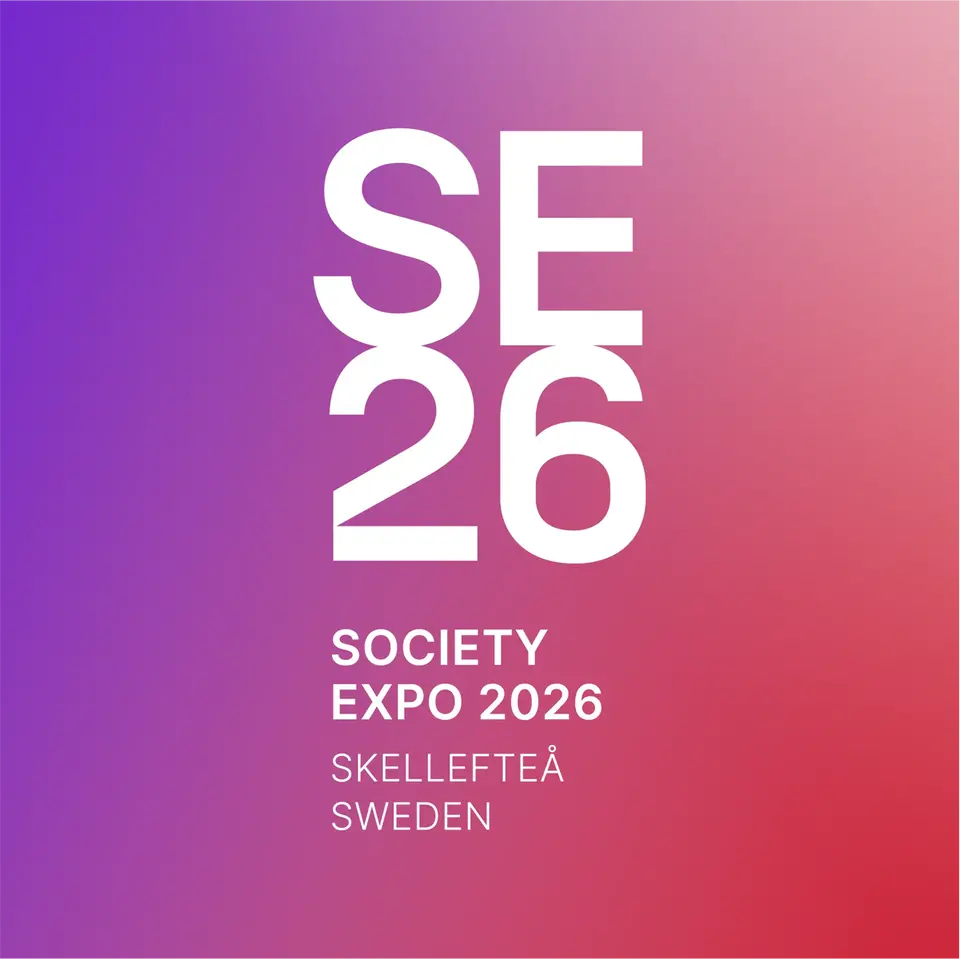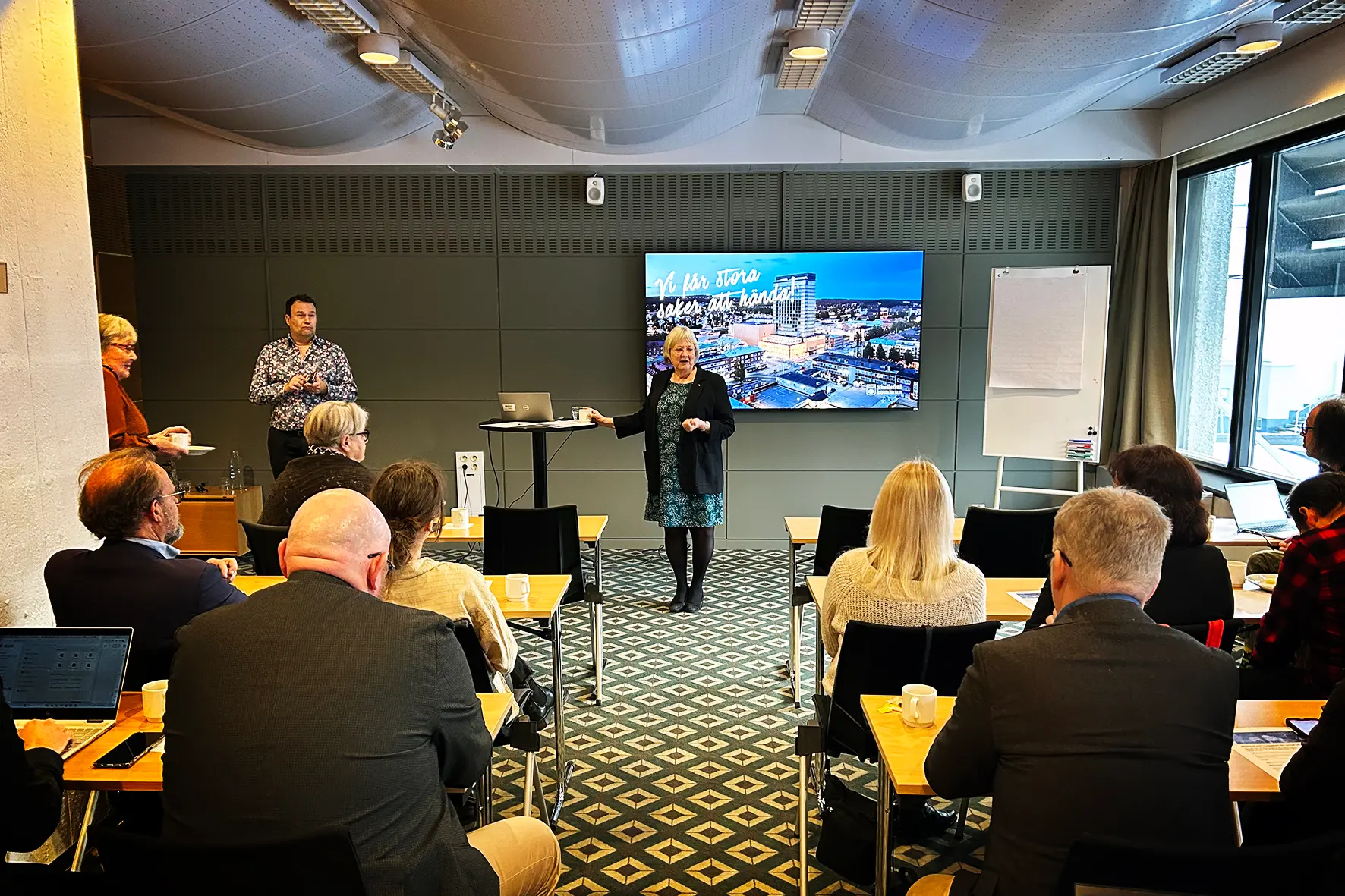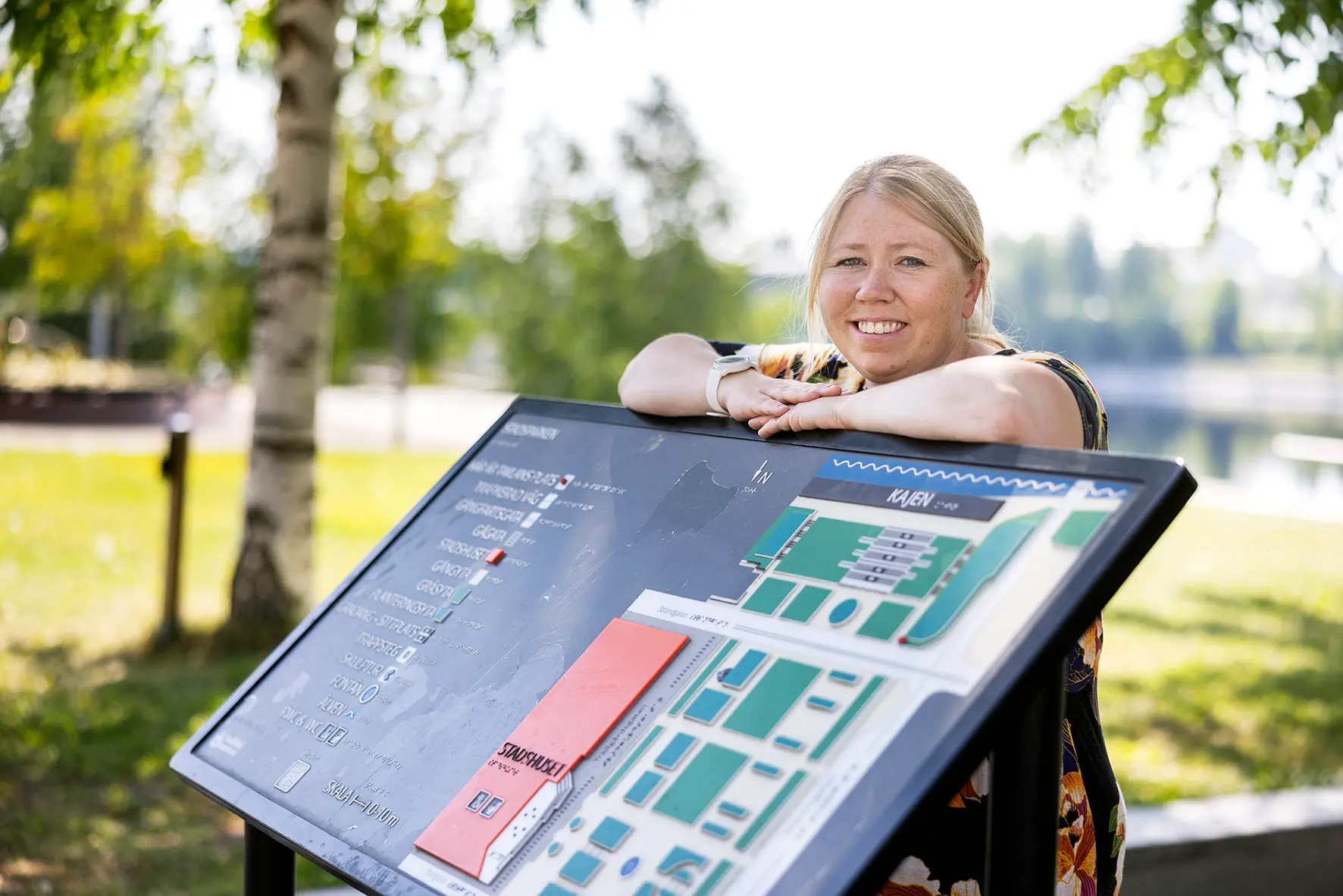How Skellefteå will build the university of the future
Skellefteå is one of Sweden's fastest growing municipalities and the region has a central role in the green transition. 14,000 new jobs are expected to be created here over the next five years, but a major challenge remains: skills supply. Can the Skellefteå Universities Alliance challenge traditional academic frameworks and multiply the number of students in higher education in Skellefteå? Northern Sweden is buzzing with activity. The green transition means great opportunities for innovation in a region with good access to renewable energy, and Skellefteå has become the focus of the world's attention. But with rapid development comes new challenges, and over 14,000 new jobs are expected to be created here in the next five years alone. At the same time, there has been no national model for rapidly increasing access to higher education in a place that has no university of its own, is a separate labor market region, and is expanding rapidly. Until now. - Skellefteå takes great responsibility in the green transition. A prerequisite for the development to continue is that we can meet the acute need for higher education on site, says Ida Lindh, strategically responsible for Campus Skellefteå. She is one of those developing the Skellefteå Universities Alliance (SUA), which will be a model for how national and international universities can offer their courses locally. The model makes it possible for more people to stay and study in Skellefteå, while creating a national test bed for academic innovation and renewal. - Extremely large establishments of new companies as a result of the green transition have meant that all social institutions must accelerate their activities. Through the Skellefteå Universities Alliance, the new needs of higher education will also be met in Skellefteå, says Peter Larsson, the government's special coordinator. Skellefteå is currently the only one of the country's 20 largest cities without its own higher education center, while there is enormous interest in the region among companies working with the green transition. Campus Skellefteå already houses education from Umeå University and Luleå University of Technology, but to meet the need for education and competence, the number of educational places and thus the educational actors need to be multiplied, says Ida Lindh. - We realized quite early on that we need to gear up and create innovative solutions to be able to meet the growing needs of the business community and the public sector in a rapid way. Previously, Skellefteå's young people knew early on that you need to move if you want to get an education. Today we see that more young people want to stay, but also that the importance of lifelong learning is increasing. This requires proximity to education, and contexts that lower the thresholds. Umeå University and Luleå University of Technology are already on site at Campus Skellefteå. Now it is clear that Mälardalen University, University West, the Swedish School of Sport and Health Sciences, the University of Gävle and Mid Sweden University are also joining SUA. - This is a win-win-win: Smarter use of the resources of Swedish higher education institutions, we reach more students with existing educational offerings and create a national and international test bed for innovation and education. At the same time, we are securing critical skills for industry and the welfare sector," says Ida Lindh.
.webp)





%20bygg.webp)


%20Vy%203%20-%20Norrsken%20alt.2.webp)